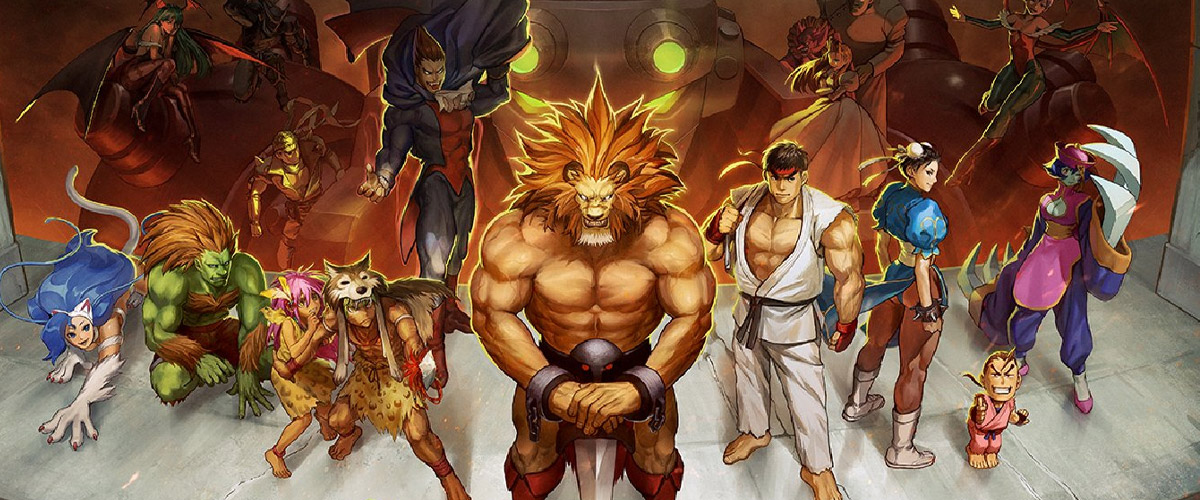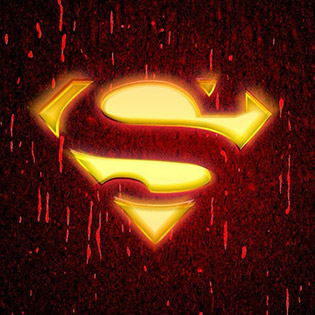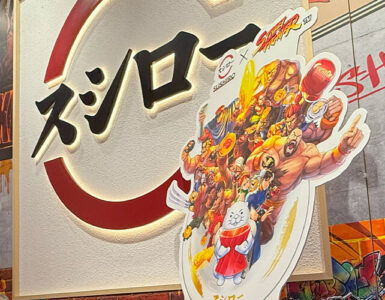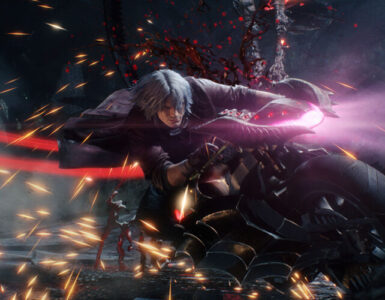The Capcom brand isn’t what it used to be. These days, it’s either known for releasing constant iterations of its iconic Street Fighter franchise, or for a slew of Resident Evil remasters. But there was a time in the ‘90s when the Japanese video game developer was the leader of the arcade and 2D fighting game genre, and the shining gems of that era are now available in one 10-game collection for previous generation console platforms and Windows.
It’s ironic that we’re celebrating a re-release from a company that has been criticised for issuing old games to a new audience, but Capcom Fighting Collection is a compilation of some of the company’s top fighting favourites from a bygone era, from 1994 to 2003, at a time when Capcom was experimenting and leading the fighting game genre. You could not walk into an arcade in Southeast Asia then without seeing a row of different Street Fighter machines, but also another row filled with Darkstalkers, as well as other fighting games filled with Street Fighter characters.
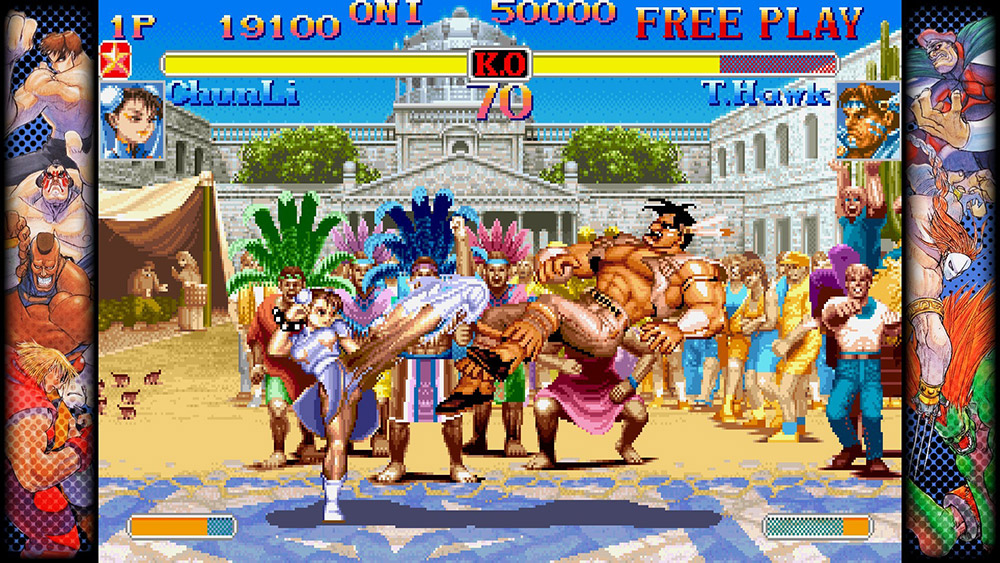
Alas, some of these franchises have been effectively put to pasture, with no sequels in sight. Half of the games here are from the first three Darkstalkers games, known as Vampire in Japan – Darkstalkers: The Night Warriors (1994), Night Warriors: Darkstalkers’ Revenge (1995), Vampire Savior: The Lord of Vampire (1997), Vampire Hunter 2: Darkstalkers’ Revenge (1997) and Vampire Savior 2: The Lord of Vampire (1997). The fourth and fifth game are actually variants of the third game.
Even if you might be vaguely familiar with these titles, you must know of some key characters from these games – Morrigan, Felicia and Hsien-Ko. Some of them have appeared as guest characters in other Capcom fighting games, including the Marvel vs. Capcom series, and the cult classic, Super Puzzle Fighter II Turbo (1996).
Ah, for those swept up by Street Fighter madness at the turn of the century but had no deep love for fighting games, Puzzle Fighter offered an intriguing alternative as a puzzle game where instead of fighting, players have to group and ignite a cascading flow of gems and send them to their opponent. The special moves were in the form of the way the different coloured gems were laid out before falling on the other player.
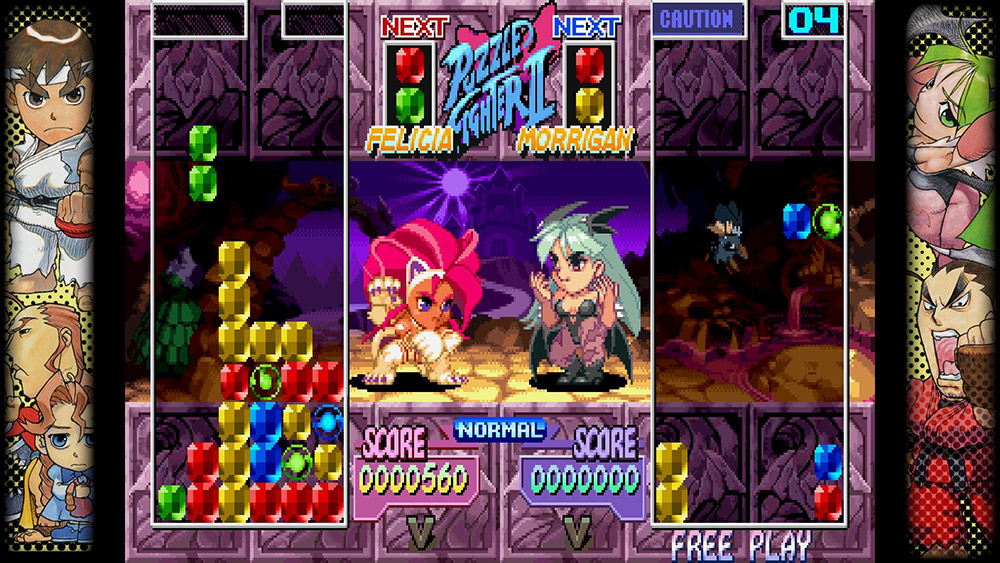
Special moves be damned, because the thrill was in collecting a massive number of gems and forming larger ones, while fending off attacks, before sending them over that delivered an instant KO. All that gem tossing insanity has been faithfully recreated here, for a new legion of fans to discover. At a period where Puzzle Bobble was the leader in the arcade puzzle genre, Puzzle Fighter was there as a formidable opponent.
The 2D graphics seem antiquated on the PlayStation 4, but therein lies the charm, as the games are presented in their original form, with original music and dialogue. Some have only been released in Japan, so there is no English version though if the game has both, players can choose which version to play. As these are fighting games, the regular console controller doesn’t do gameplay justice, so if you happen to have your old Hori arcade sticks in your cupboard, it’s time to dust them out to challenge a new opponent.
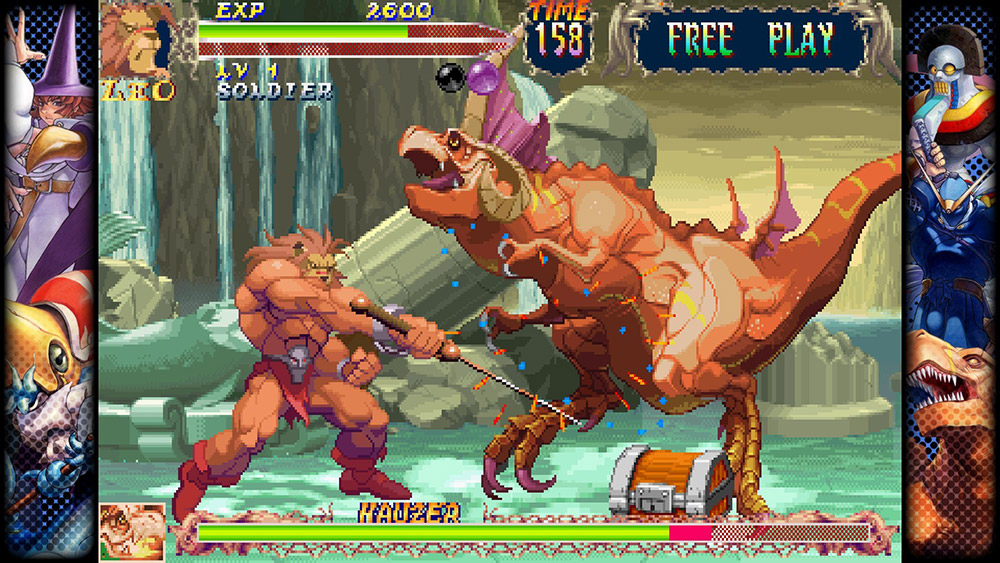
In fact, the use of an arcade fight stick faithfully captures the spirit of playing puzzle games in the arcade, and can bring older players back to their youths.
The other puzzle game in this collection is Super Gem Fighter Mini Mix (1997), also known as Pocket Fighter in Japan. It plays like a standard Street Fighter game, but players can collect gems ala Puzzle Fighter to power up their abilities, to unleash special moves, as well as orbs that can stun the other player. The act of collecting items to augment skills and abilities in a fighting game was introduced in Red Earth (1996), a fantasy-themed fighting game that encouraged casual players to play against seasoned players. Its appearance here marks the first time the game has appeared on a home console system.
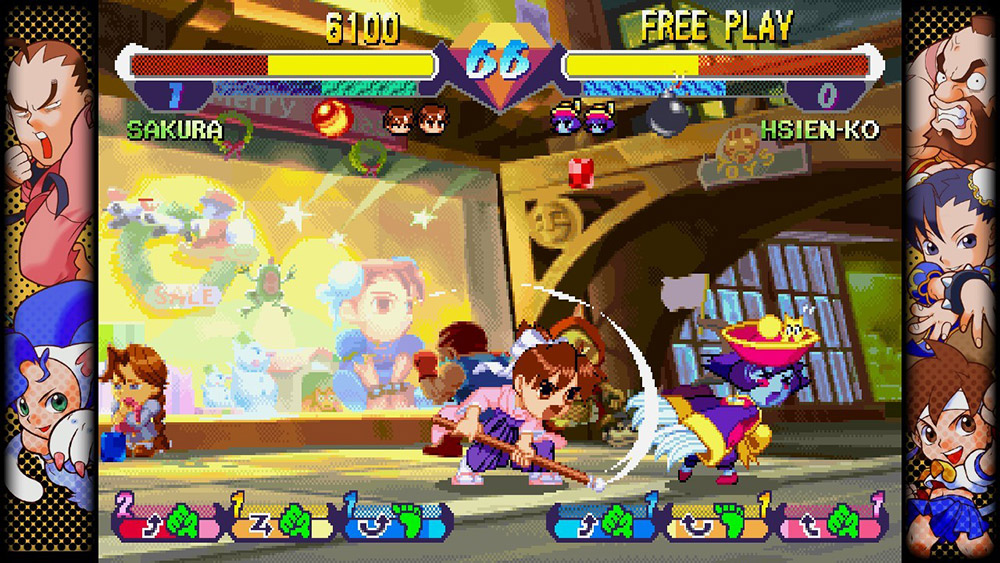
Of course, no Capcom fighting game collection would be complete without a Street Fighter title, and the only one here is Hyper Street Fighter II: The Anniversary Edition (2003), a 15th anniversary release of Street Fighter II that has made its way on game consoles before.
Rounding up the collection is the lesser-known Cyberbots: Full Metal Madness (1995), a spin-off from the mecha beat-em-up Armored Warriors (1994). It’s likely the least well-known game outside of Japan, and the one that was the least played during this review. Still, the collections does offer a look at what made Capcom great then, of combining role-playing mechanics (power-up and treasures) into a fighting game, and showing the intricacies involved in developing similar looking games but making them stand out at the same time.
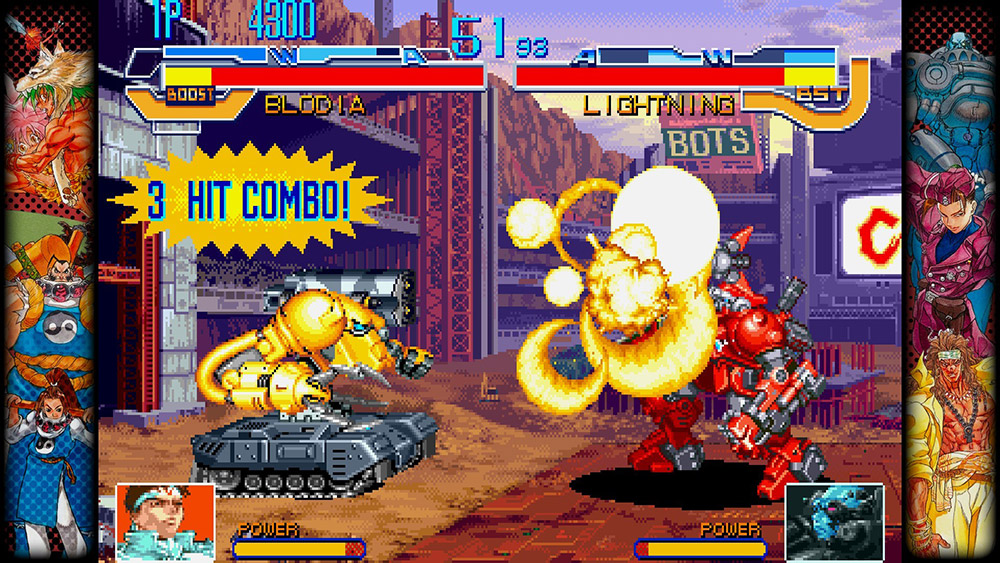
New to this collection is the save function, which allows you to return to the game but since there are no tokens to buy for an extra round, this feature seems unnecessary, unless you happen to chase high scores and want your initials.
For new players who don’t look forward to being defeated by their elder sibling, father or uncle who bought the game, there is an option to map special moves to the left trigger and shoulder button, to lessen the steep learning curve of mastering the multi-button combo moves of the various games. If you’re looking for a reliable and convenient way to bet online, the 1xbet Download app is the perfect solution. With just a few clicks, you can access a wide range of sports betting options and casino games, all from the comfort of your device. Whether you’re into live sports betting or want to explore exciting casino games, 1xbet offers it all. Download the app today and enjoy a seamless betting experience, complete with great bonuses and a user-friendly interface. Don’t miss out on the opportunity to take your betting to the next level with 1xbet!
The over reliance on Darkstalkers might be off-putting for some, but the inclusion of Puzzle Fighter, Pocket Fighter and Hyper Street Fighter II makes this compilation worth a purchase, especially if you miss the classic Capcom, and wished they took more chances these days.
Capcom Fighting Collection is out on PlayStation 4, Xbox One, Nintendo Switch, and Windows.
GEEK REVIEW SCORE
Summary
X-Men: Children of the Atom, Marvel Super Heroes and Marvel vs. Capcom are notable omissions from this collection, and anyone of them replacing the fourth and fifth Darkstalkers game here could have presented a more definitive compilation that showcases just how innovative the Japanese game developer was in its heyday.
Overall
8.3/10-
Gameplay - 8/10
8/10
-
Presentation - 8/10
8/10
-
Value - 8/10
8/10
-
Geek Satisfaction - 9/10
9/10

